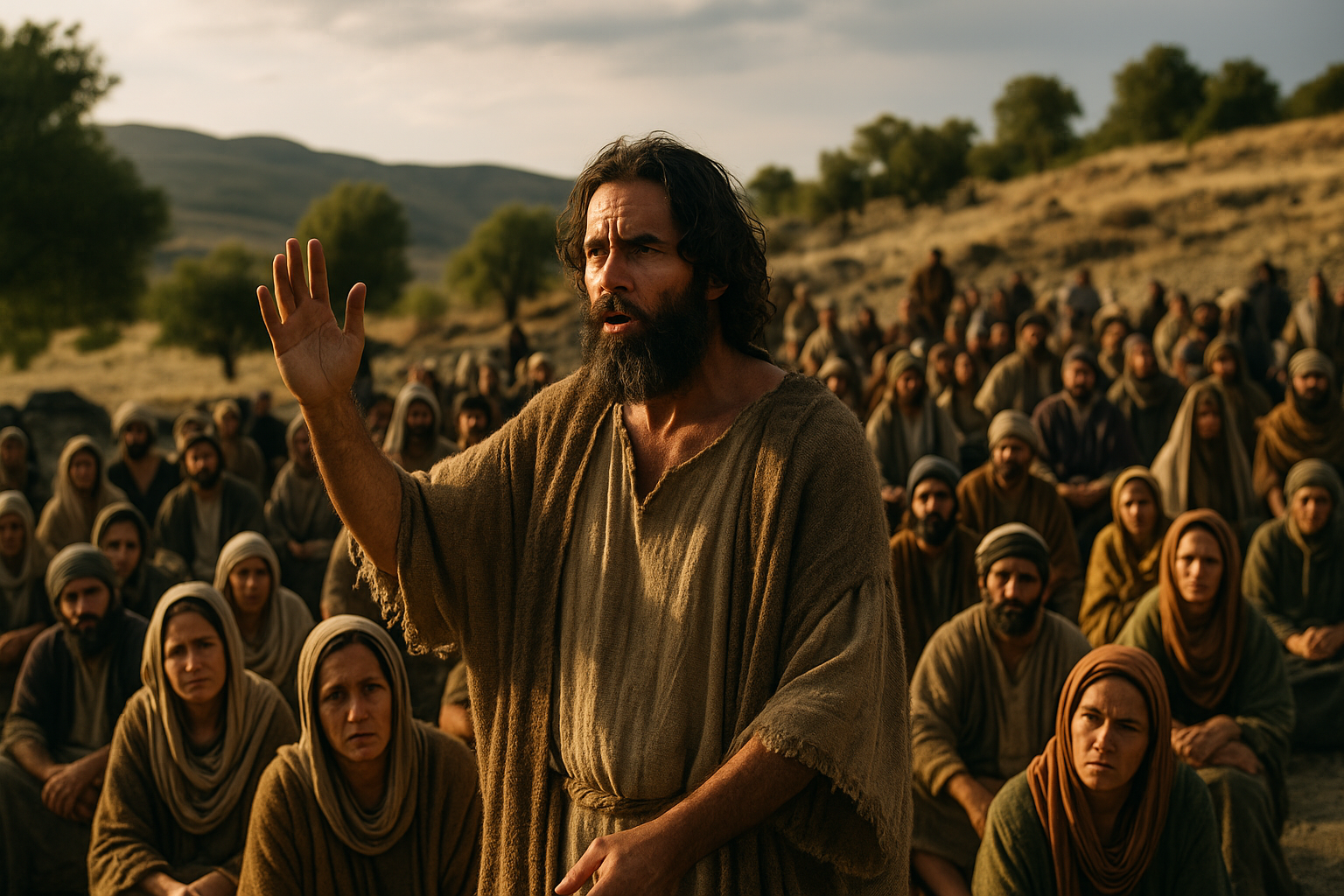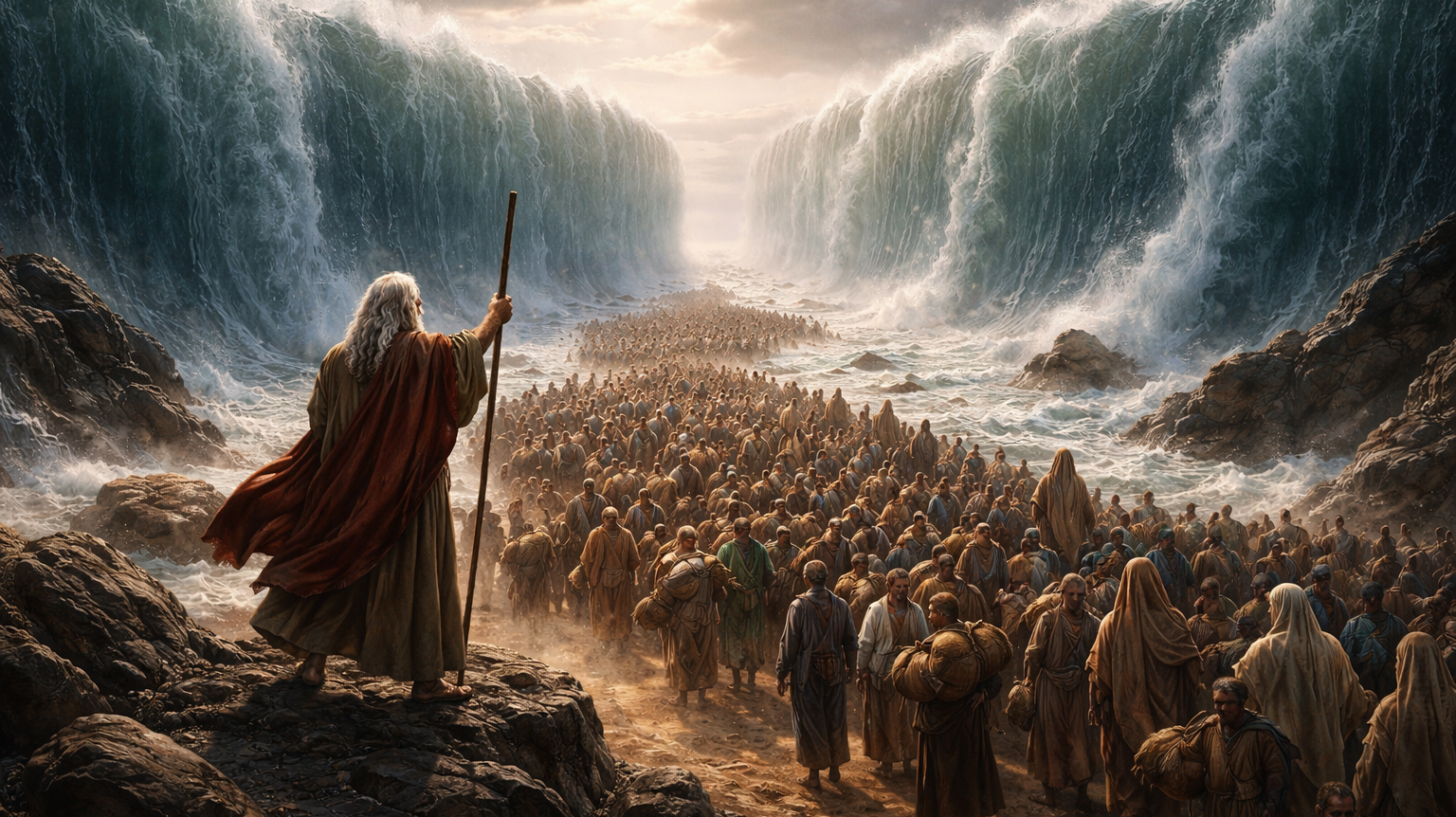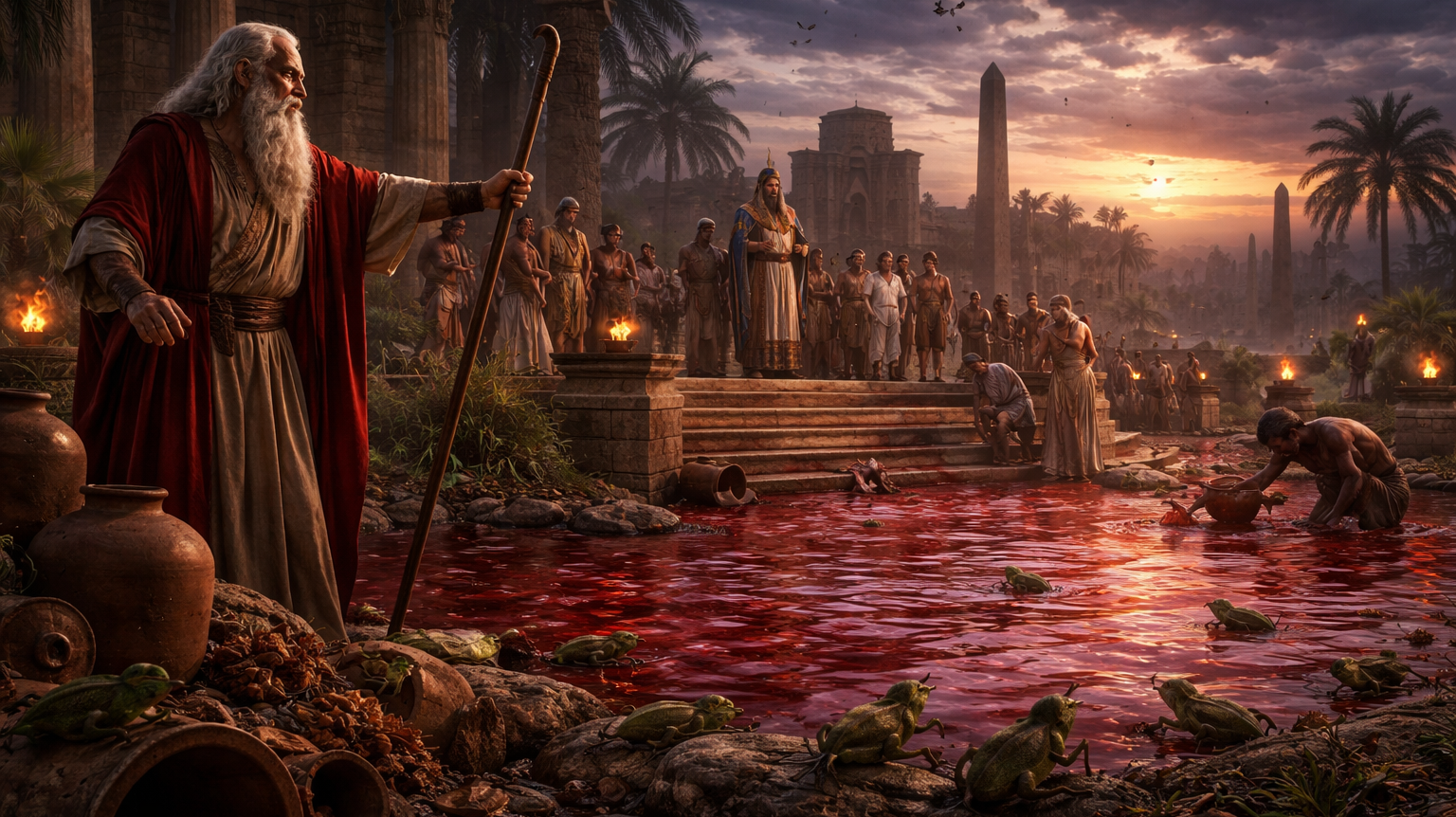The Book of Joel is one of the shorter prophetic books in the Old Testament, yet it delivers a powerful message of repentance, restoration, and hope. This three-chapter book offers both warnings of God’s judgment and promises of His mercy. Below are ten interesting facts about Joel, supported by Scripture references.
1. Joel Is One of the Minor Prophets
Joel is part of the “Minor Prophets” section in the Old Testament, not because his message is less important, but because the book is shorter than the “Major Prophets” like Isaiah or Jeremiah.
The word of the LORD that came to Joel the son of Pethuel. (Joel 1:1)
2. The Prophet’s Background Is Largely Unknown
We know little about Joel apart from being the “son of Pethuel.” His life story, location, and other personal details are not given, which places greater emphasis on his message rather than his biography.
3. Joel’s Name Has a Powerful Meaning
The name “Joel” means “Yahweh is God.” This meaning aligns with the book’s theme of turning back to the Lord in worship and repentance.
4. The Book Focuses on a Locust Plague
Joel opens with a description of a devastating locust swarm that destroyed crops and left the land barren. This physical disaster becomes a symbol of God’s coming judgment.
That which the palmerworm hath left hath the locust eaten; and that which the locust hath left hath the cankerworm eaten; and that which the cankerworm hath left hath the caterpiller eaten. (Joel 1:4)
5. Joel Calls for National Repentance
The prophet urges the priests, elders, and all the people to fast and cry out to God, showing that repentance must be both personal and collective.
Sanctify ye a fast, call a solemn assembly, gather the elders and all the inhabitants of the land into the house of the LORD your God, and cry unto the LORD. (Joel 1:14)
6. He Introduces the Concept of “The Day of the Lord”
Joel strongly emphasizes “the day of the Lord,” a phrase referring to God’s decisive intervention in human history—bringing judgment for sin and deliverance for His people.
Blow ye the trumpet in Zion, and sound an alarm in my holy mountain: let all the inhabitants of the land tremble: for the day of the LORD cometh, for it is nigh at hand. (Joel 2:1)
7. Joel Promises God’s Spirit Will Be Poured Out
One of Joel’s most famous prophecies is that God will pour out His Spirit on all people—a prophecy fulfilled in Acts 2 at Pentecost.
And it shall come to pass afterward, that I will pour out my spirit upon all flesh; and your sons and your daughters shall prophesy, your old men shall dream dreams, your young men shall see visions. (Joel 2:28)
8. The Book Has a Strong Theme of Restoration
Joel assures the people that if they return to God, He will restore what was lost—even reversing the damage caused by the locusts.
And I will restore to you the years that the locust hath eaten, the cankerworm, and the caterpiller, and the palmerworm, my great army which I sent among you. (Joel 2:25)
9. Joel Foretells Judgment on the Nations
The final chapter describes a time when God will gather the nations for judgment in the Valley of Jehoshaphat because they mistreated His people.
I will also gather all nations, and will bring them down into the valley of Jehoshaphat, and will plead with them there for my people and for my heritage Israel. (Joel 3:2)
10. The Book Ends With Hope and Blessing
Though the book speaks of judgment, it closes with promises of abundance, blessing, and God dwelling with His people.
But Judah shall dwell for ever, and Jerusalem from generation to generation. (Joel 3:20)
























